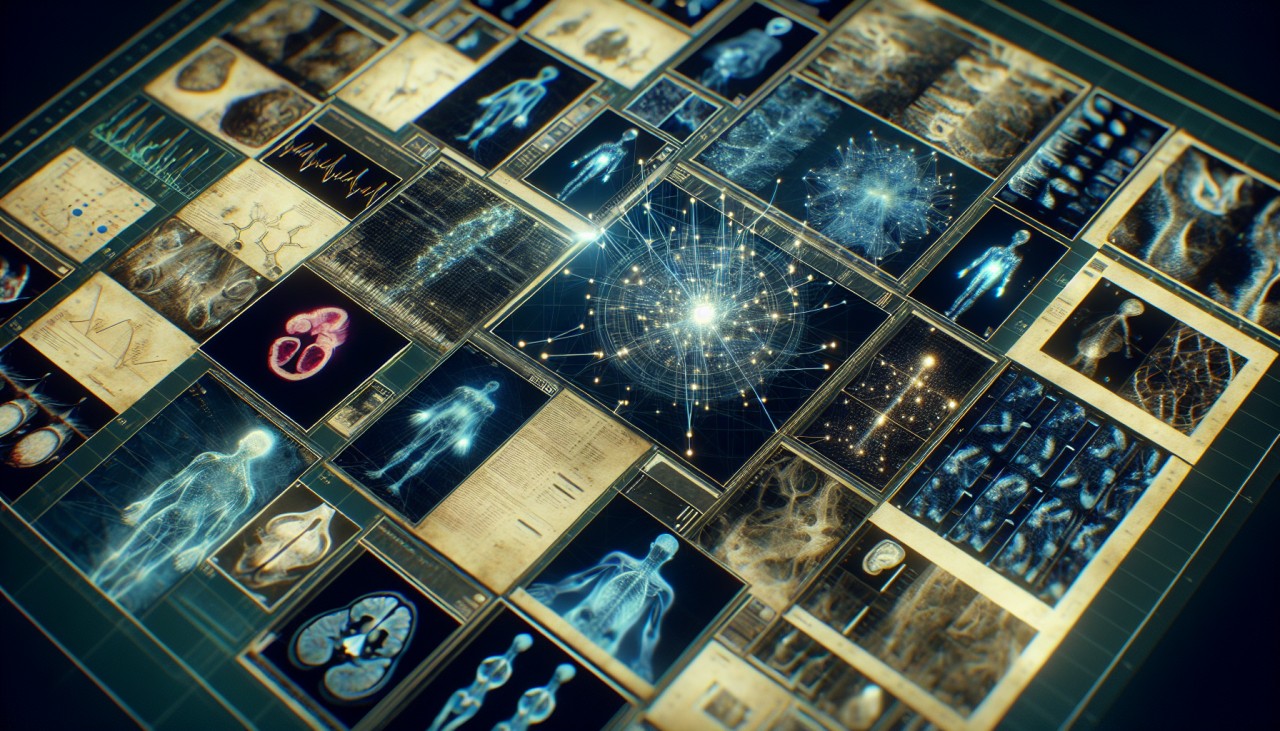Self-supervised learning (SSL) is transforming the field of medical imaging by enabling models to learn from vast amounts of unlabeled data, thereby reducing the reliance on costly and time-consuming annotation processes. Recent studies have demonstrated that SSL can significantly improve the performance of diagnostic models across various imaging modalities, including X-rays, CT scans, MRI, and ultrasound. For instance, a comprehensive survey published in BMC Medical Imaging highlighted that SSL pretraining using unlabeled datasets generally enhances the performance of supervised deep learning models for downstream tasks in radiography, computed tomography, magnetic resonance imaging, and ultrasound. This advancement is particularly beneficial in medical imaging, where annotated data is often scarce and expensive to obtain. bmcmedimaging.biomedcentral.com
Moreover, SSL's ability to learn robust representations from unlabeled data has been shown to enhance model robustness and uncertainty estimation. A study published in the International Journal of Computer Vision investigated self-supervised methods for label-efficient learning and found that SSL models can achieve high performance with fewer labeled examples, making them particularly useful in scenarios with limited annotated data. This capability not only improves diagnostic accuracy but also reduces the computational resources required for training models, making SSL a promising approach for developing efficient and effective medical imaging systems. link.springer.com
Key Takeaways
- SSL reduces the need for extensive labeled datasets in medical imaging.
- Enhances diagnostic accuracy across various imaging modalities.
- Improves model robustness and uncertainty estimation.
- Reduces computational resources required for training models.
- Facilitates the development of efficient medical imaging systems.
